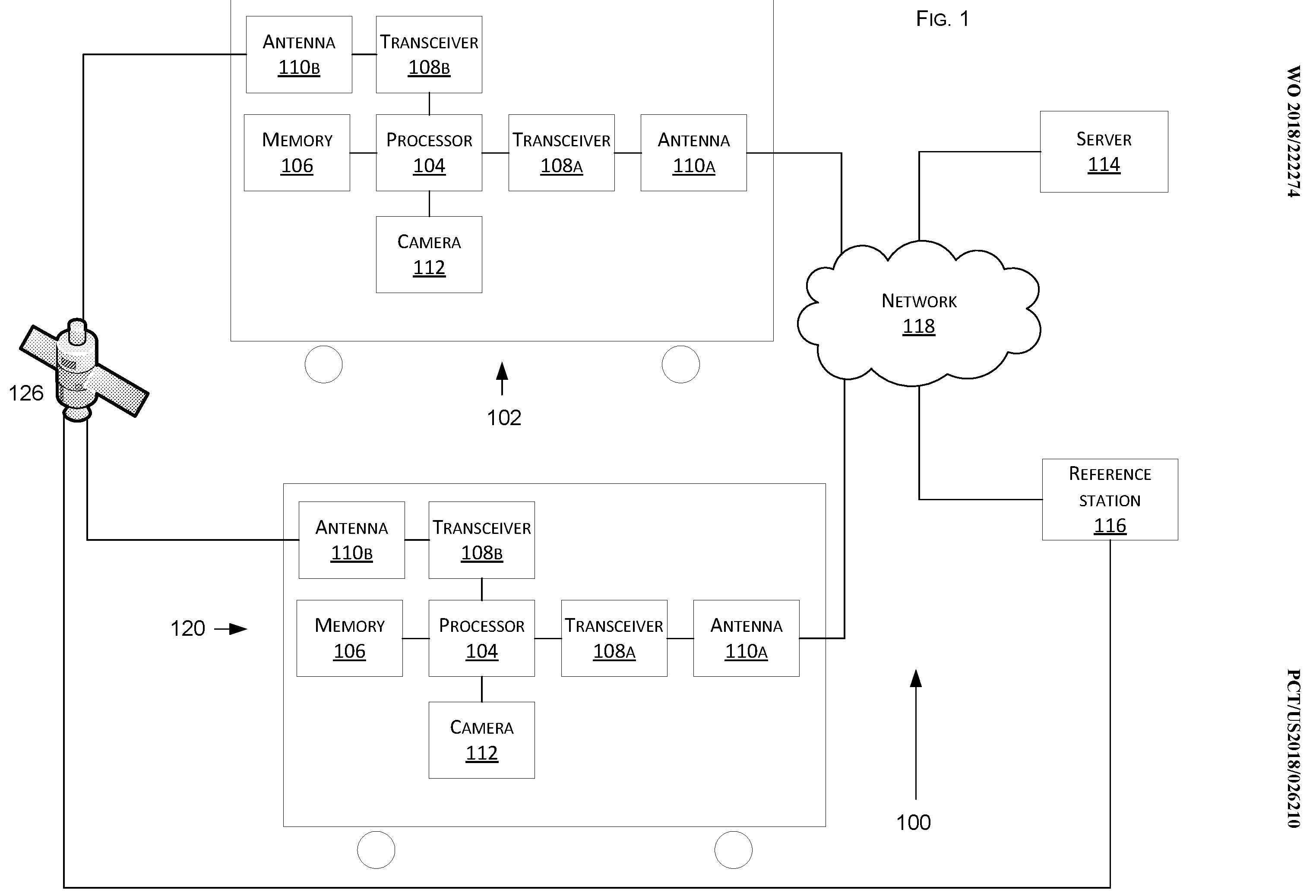Vision-map matching localization. That’s what Tesla is calling its new vehicle tracking technology for more accurate GPS positioning. In simple terms, Tesla plans to use camera sensors on its EVs to fine-tune the GPS data so that pinpointing the vehicle is possible even with weak GPS signals.

The technology also involves using other cars in its fleet as “cooperative reference stations” to make corrections to positioning.
Why is This Critical?
As we approach the age of self-driving cars, accurately geolocating a vehicle is a crucial component of the navigation equation. By introducing additional sensors like cameras into the mix and then matching that with conventional GPS positioning, Tesla plans to enhance that level of accuracy.
As gleaned from the patent application, Tesla could be planning to deploy this technology as part of its Autopilot feature. A clue to that is the fact that all the inventors named on the application were part of the Autopilot team at one point.
What Advantage Will This Give Tesla?
The possibilities are immense. If Tesla perfects vehicle positioning to a great degree of accuracy, it could offer to license its IP to other car manufacturers. At the very least, it could spark off a race for better positioning technologies that will eventually make their way into future models of self-driving cars from the world’s top automakers.
At this point, we don’t know whether the new technology will be integrated with Autopilot Hardware 3.0 or even how far Tesla has developed the new capabilities. But it’s a definite possibility considering that the new hardware upgrade is still a few months away.



